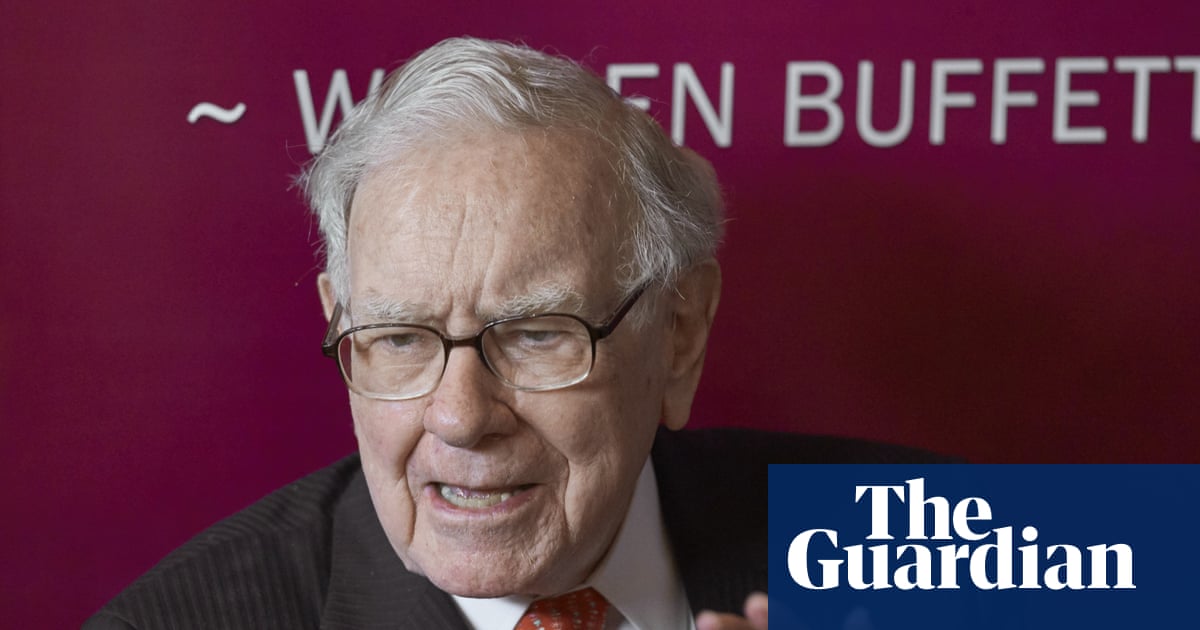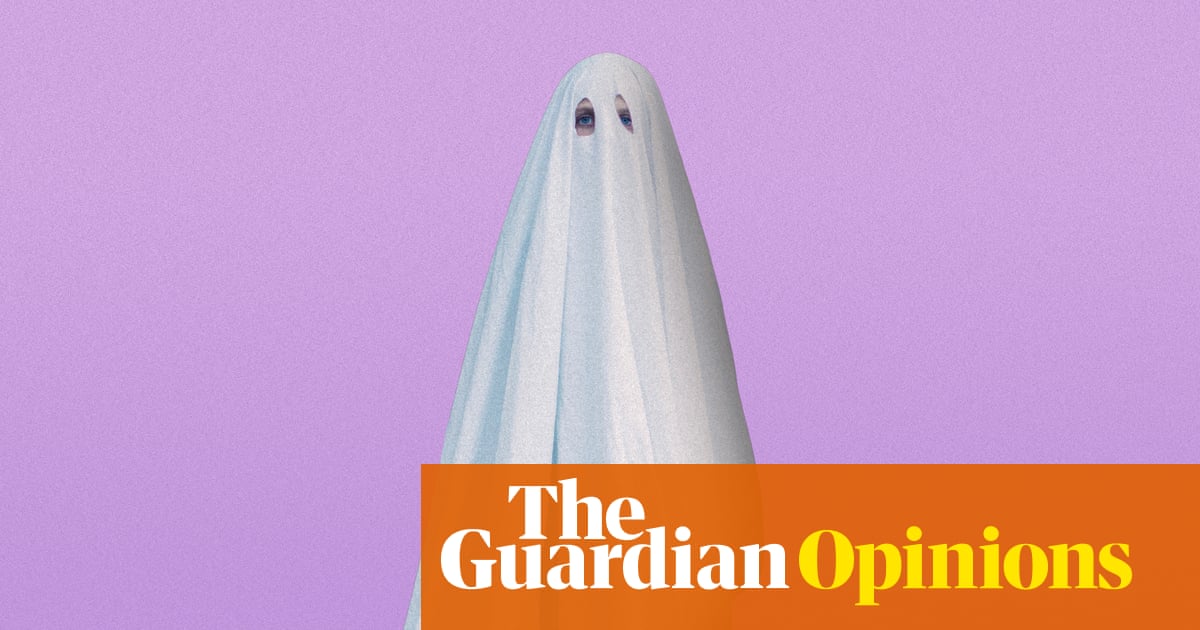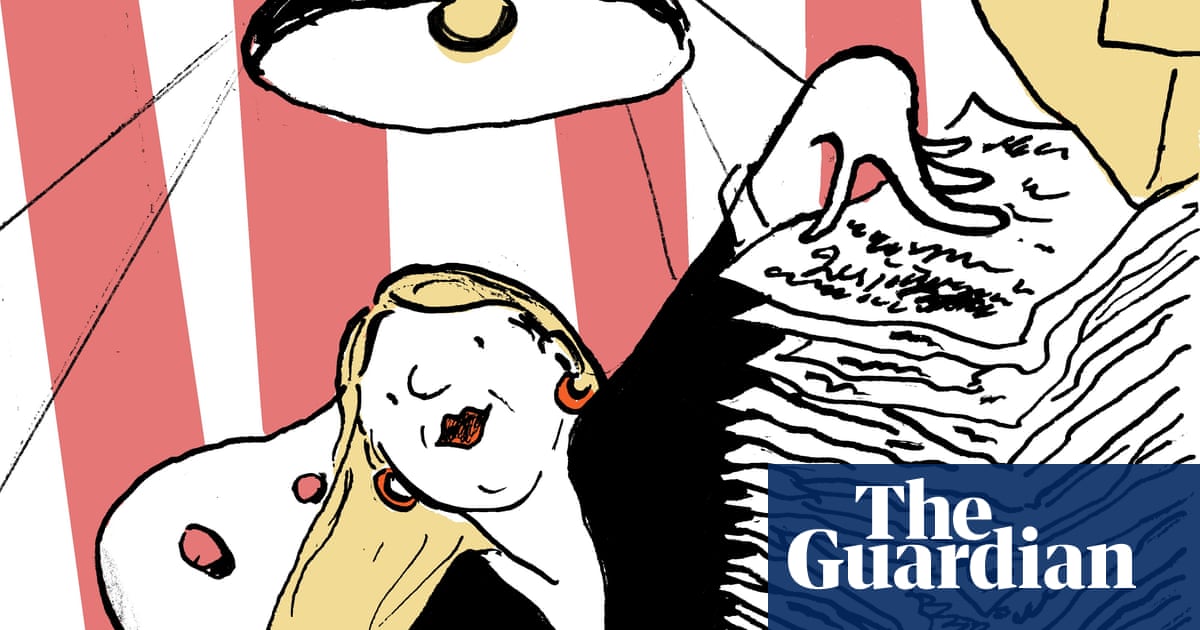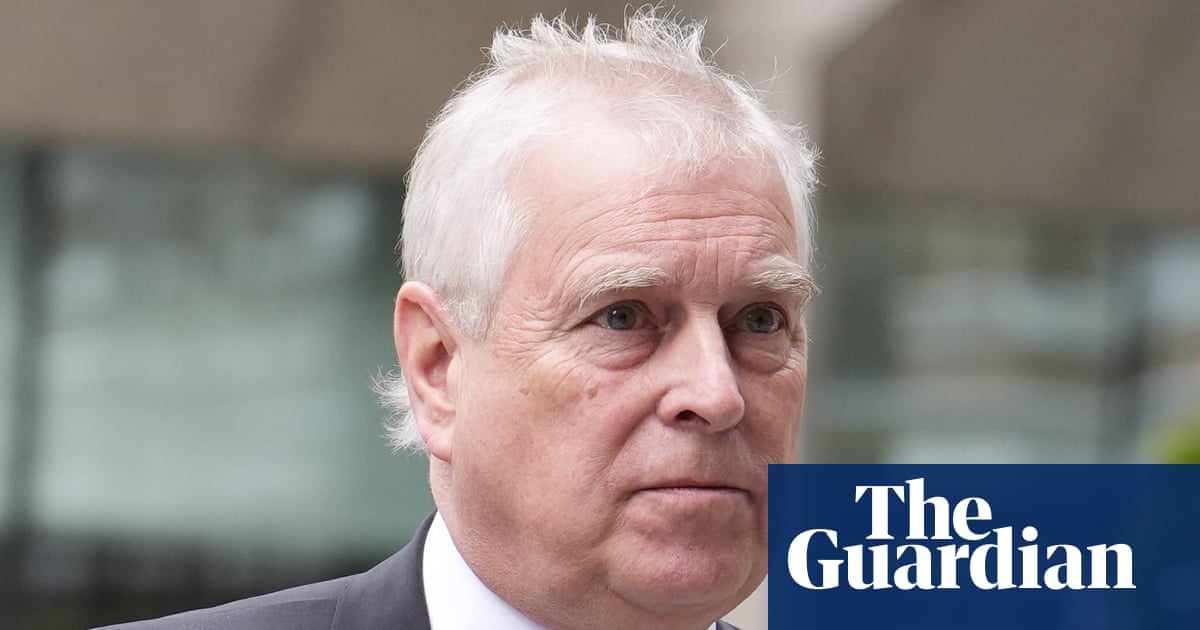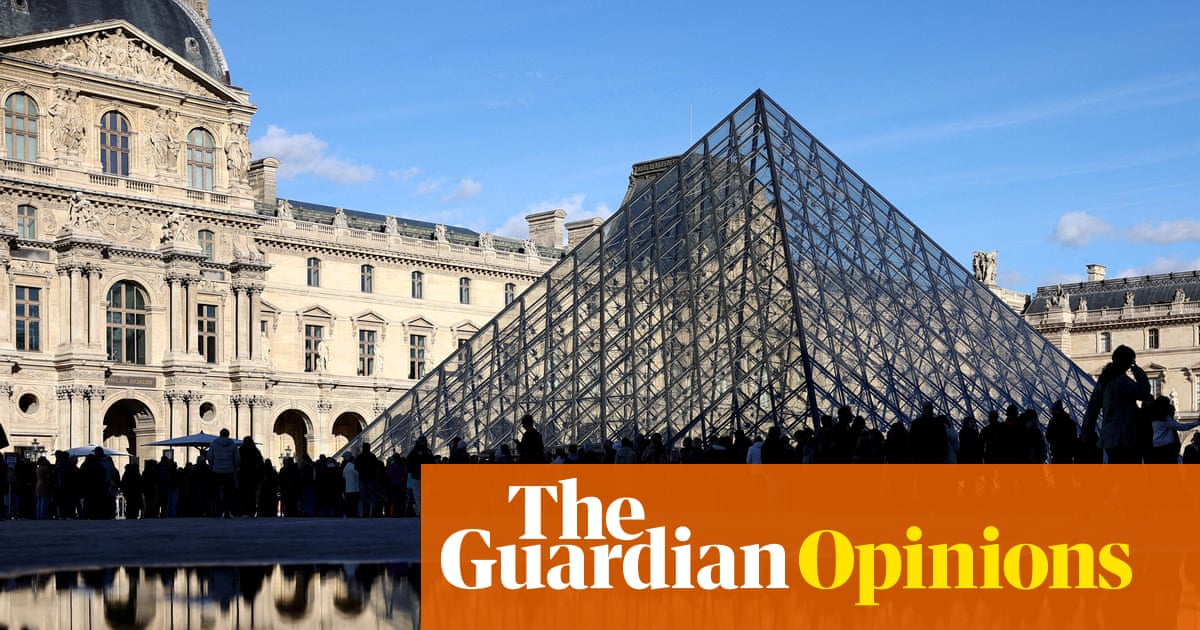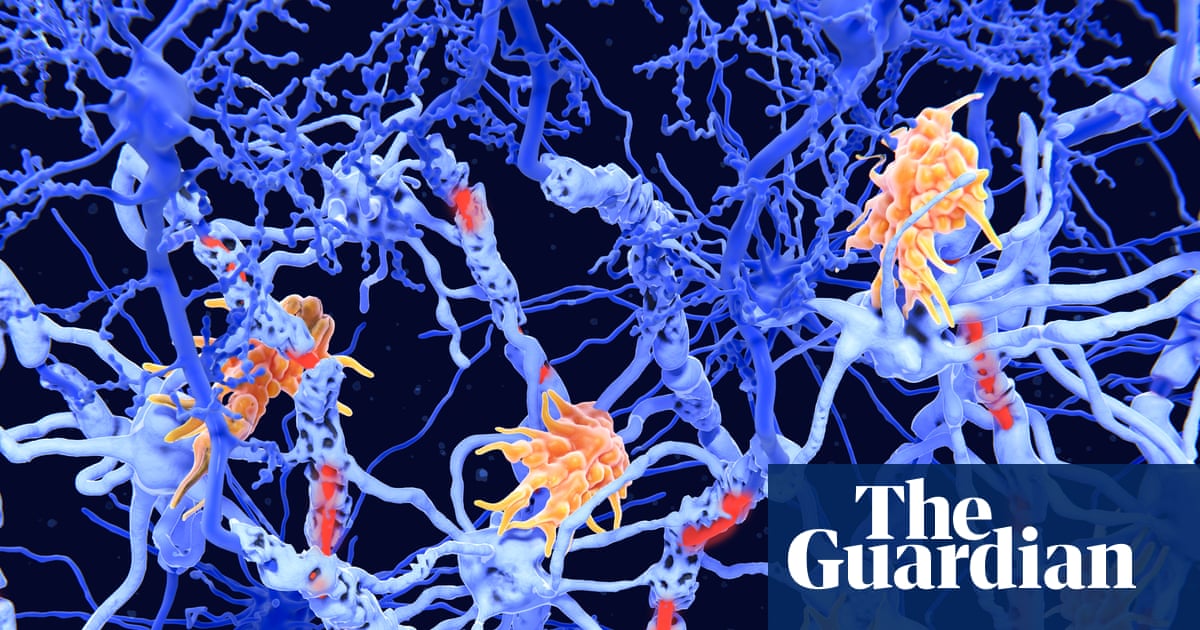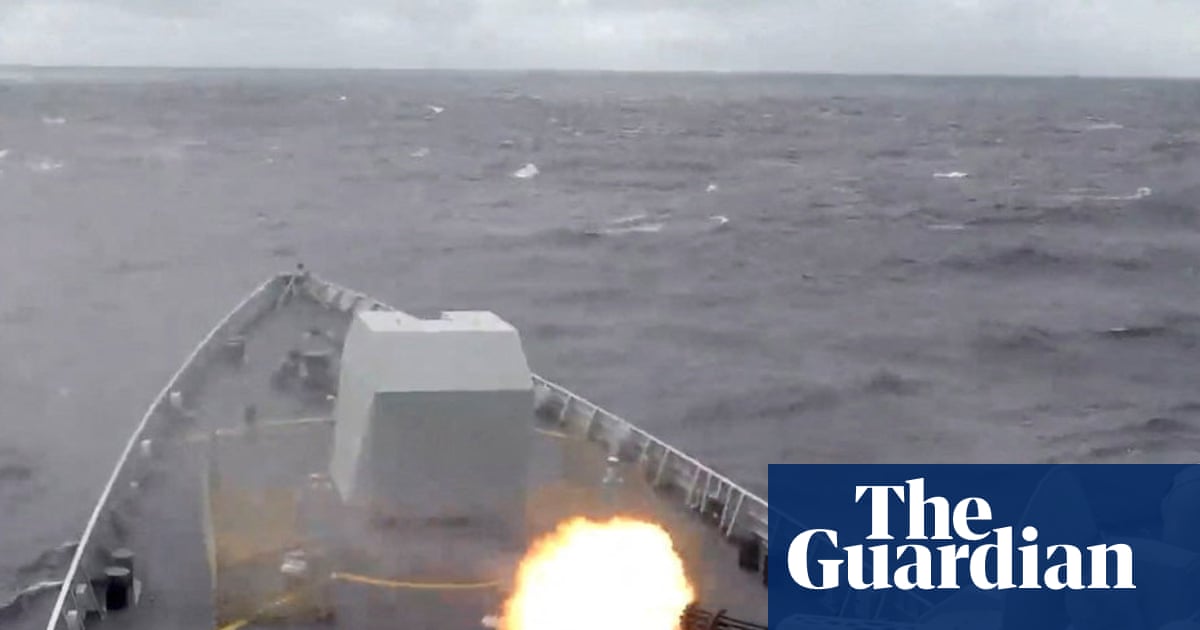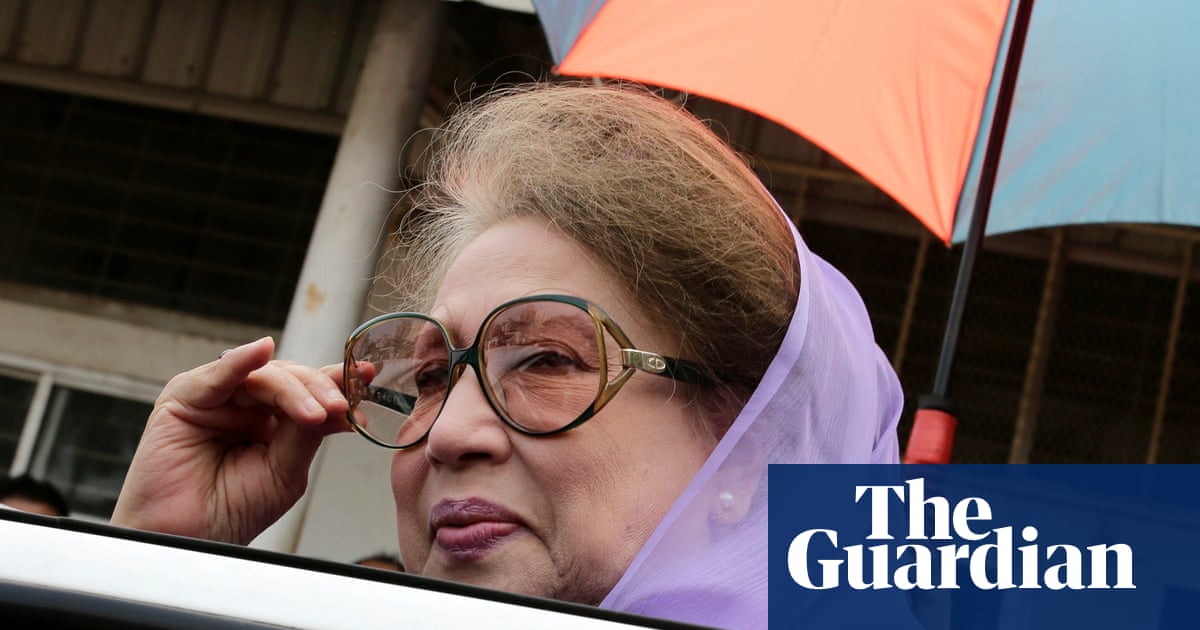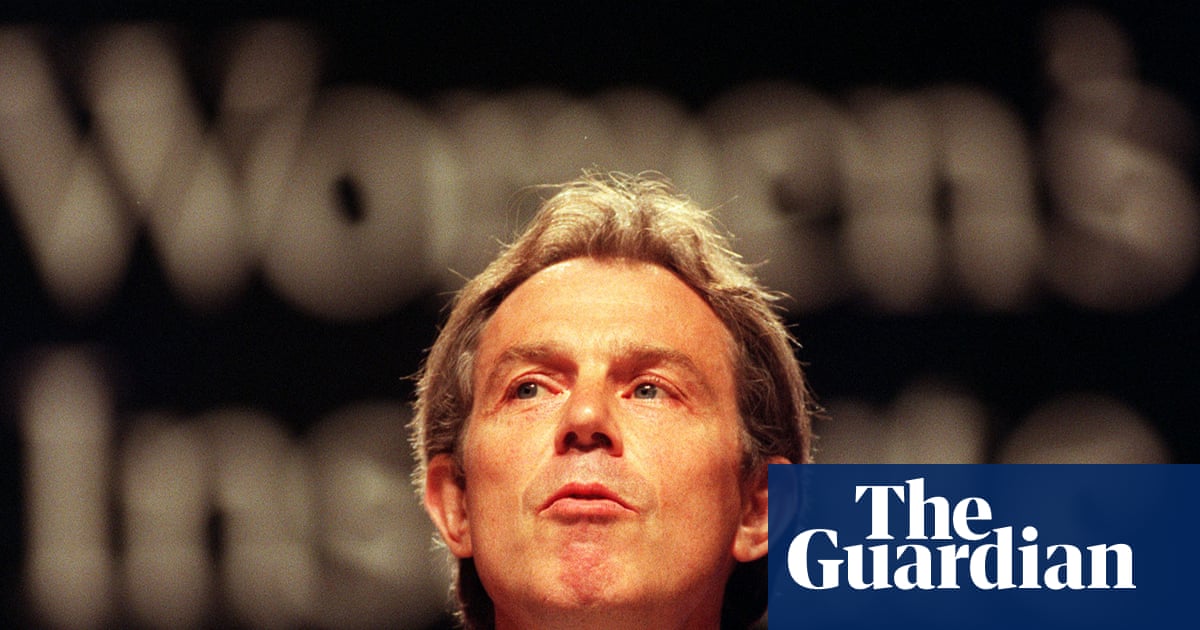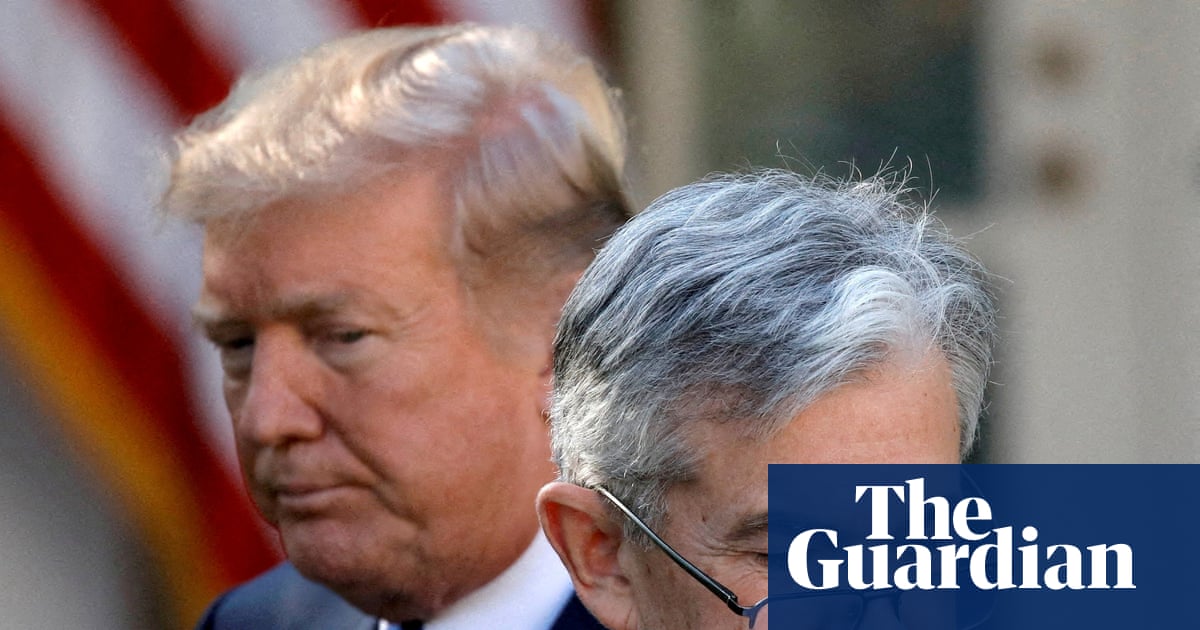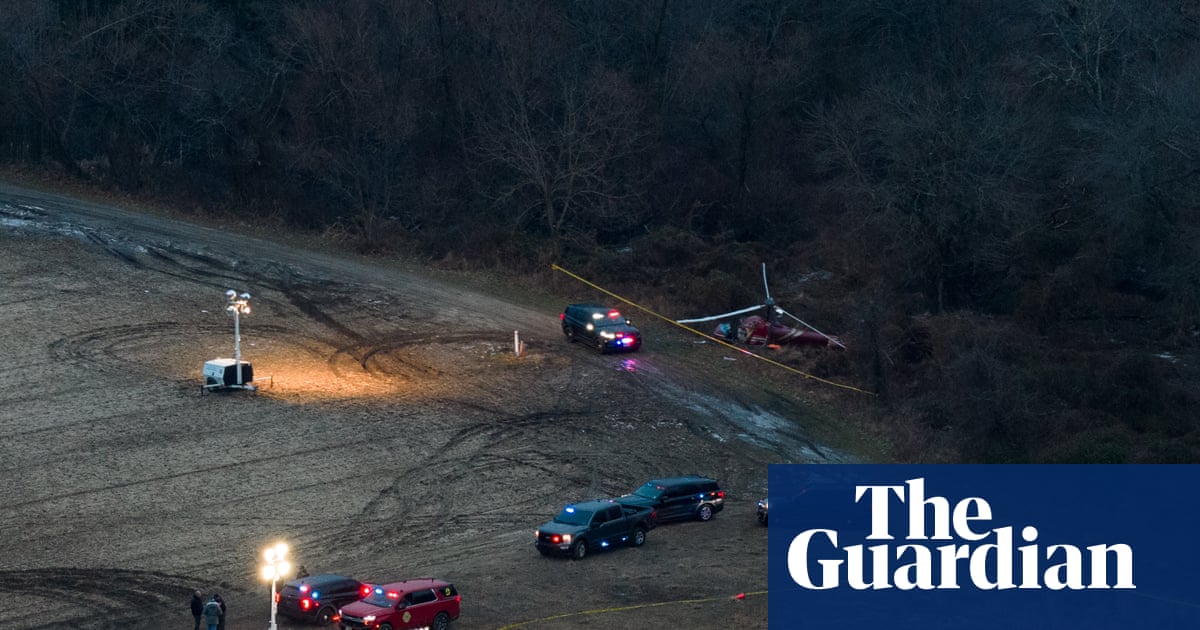Moshe Abutbul, a 39-year-old bible teacher in Sderot, the southern Israeli city by the perimeter of Gaza, thinks life is OK, even “good”. Autumn is on its way which means his small home is less stifling. He enjoys his work. His four children are well; so too is his wife, an English teacher. As for Israel’s growing international isolation, he is unbothered.
“We are a peace-loving country, but we have to defend ourselves,” he says of Israel’s offensive in Gaza which has killed more than 65,000 Palestinians and devastated swaths of the territory. “Is Israel isolated? I don’t know. Life goes on. It is OK. Life is good,” says Abutbul.
Sderot, scruffy, poor and rightwing, is not a city given to worrying about the bitter condemnation of Israel overseas.
“If they lived here, they would have a different view. Every day we worry about rockets or a raid,” says Eli Lior, who works in a service station. David, 24, a recent immigrant from Russia, says international criticism was a constant in Israel’s history and so “like water off a duck’s back”.
On Friday, Benjamin Netanyahu made an angry and defiant speech at the UN in New York, calling the recognition of a Palestinian state earlier this week by the UK, France, Canada, Portugal and Australia “sheer madness” and a reward for terrorism.
He was addressing a hall that was largely empty, after dozens of delegates walked out, but Israeli commentators said that the speech was aimed at the only two audiences that matter to Netanyahu: his political base in Israel and the US president, Donald Trump.
For many Israelis, Netanyahu’s warning earlier this month that Israelis had “no choice” but to get used to growing isolation “at least for the coming years”, merely confirmed what they already suspected.
A poll last month found a majority fear they cannot now to travel abroad due to security threats and mounting global criticism of their country. Last week their government warned violence against Israelis abroad could be prompted by the anniversary of the 2023 attack into Israel by Hamas in which 1,200 died, mostly civilians, including 53 in Sderot.
Then there are international calls for sports and cultural boycotting of Israel. Concerts in Europe involving Israeli musicians have been cancelled, more than 400 artists have joined a campaign to pull their music from streaming platforms in Israel, and Israel is now facing potential suspension from next year’s Eurovision song contest, to be held in Vienna.
The EU, Israel’s biggest trading partner, is considering sanctions, while Israeli participation in the bloc’s Horizon research and innovation programme has already declined steeply, as Europeans have avoided joint projects with Israeli institutions.
Shira Efron, senior fellow at the Rand corporation, says: “We have seen in the past year the erosion of Israel’s legitimacy globally but without formal sanctions, a kind of quiet embargo ... Something such as Eurovision might seem trivial but it isn’t for Israelis.”
However, it is very unclear whether such measures will influence the current government in Israel – the most right-wing in its history – or sway many Jewish Israelis. Many analysts believe Netanyahu and his allies could instead be reinforced.
Gideon Rahat, a professor of political science at the Hebrew University of Jerusalem, says: “There are many people in Israel who are worried about international isolation, but most are not Netanyahu supporters and especially not his base.”
Elections in Israel must be held before November 2026, with some pointing to the coming spring as most likely. Netanyahu’s current coalition and longstanding electoral base encompasses the mainstream but increasingly rightwing and populist Likud party, which he leads, religious parties representing Israel’s ultra-Orthodox Jewish communities, and groups from the hardline nationalist religious Zionist movement, which has surged in recent years.
“For the ultra-orthodox, the outside world starts at the border of their communities, and the nationalist religious Zionists don’t care … and there are the others who will support Netanyahu whatever … Together, that makes up 30 to 40% [of the electorate],” says Rahat.
Many Jewish Israelis attribute deteriorating ties with Europe to historic antisemitism, while Netanyahu, who is facing war-crimes charges at the international criminal court, has blamed European Muslim communities and claimed the country has been targeted by clandestine social media campaigns steered by “anti-Israel actors”.
Efron says isolation often affects mostly those who already disapprove of government policies, such as academics or businesspeople.
“In the short term, it consolidates the base … and there is no political cost to Israeli politicians taking on Macron or Starmer or European politicians,” she says.
Thousands of international actors, directors and other film industry professionals have pledged not to work with Israeli film institutions they say are “implicated in genocide … against the Palestinian people”, though others have signed an open letter arguing that much of the Israeli film and TV industry are “often the loudest critics of government policy”.
“It is something that has existed for two years but with the sanctions rolling in, we will be seeing a lot more of it,” says Addam Yekutieli, a 39-year-old artist in Tel Aviv, whose own work has opposed the Israeli offensive in Gaza and the almost 50-year military occupation of the West Bank.
“Because my views are quite well known, I feel that I’ve somewhat been spared the backlash. But I think it triggers defence mechanisms here for many people, more than getting them to ask difficult questions … There is an expectation that all this, this war, this genocide, will end and things will go back to normal,” Yekutieli says.
Polls underline Israel’s deep division. One last week showed that 59% of Israelis were concerned by Israel being barred from cultural and sporting events, but with much higher levels among opposition voters. About half believed Israel should stop the fighting in Gaza and prioritise the release of hostages.
Some Israeli and Palestinian analysts point to the historical example of the apartheid regime in South Africa, which collapsed after being hit by a wave of international sanctions, despite US support.
The parallel is a controversial one, because Israel is frequently accused by human rights organisation and others of implementing an apartheid system with its treatment of Palestinians in the occupied West Bank and, by some, within Israel itself.
Itamar Eichner, a well-known commentator, argued last week that the white South African leaders’ decision to dismantle the apartheid regime in the early 1990s was not the result of international pressure but of a recognition that “real and lasting solutions” were needed.
“Israel now faces a similar crossroads,” Eichner wrote in one of Israel’s largest newspapers, Yedioth Ahronoth.
Sanctions comparable to those placed on South Africa are still far off however, and despite its pariah status, South Africa’s apartheid regime survived for decades. The relative resilience of the Israeli economy, boosted by huge government spending of borrowed money, has surprised observers.
Yossi Mekelberg, of London’s Chatham House thinktank, says: “Yes, Israelis are psychologically still on 7 October [2023] and in trauma, Palestinians are in the terrible catastrophe that they are facing. But Israelis also need to understand the tide has changed.”

 3 months ago
45
3 months ago
45
